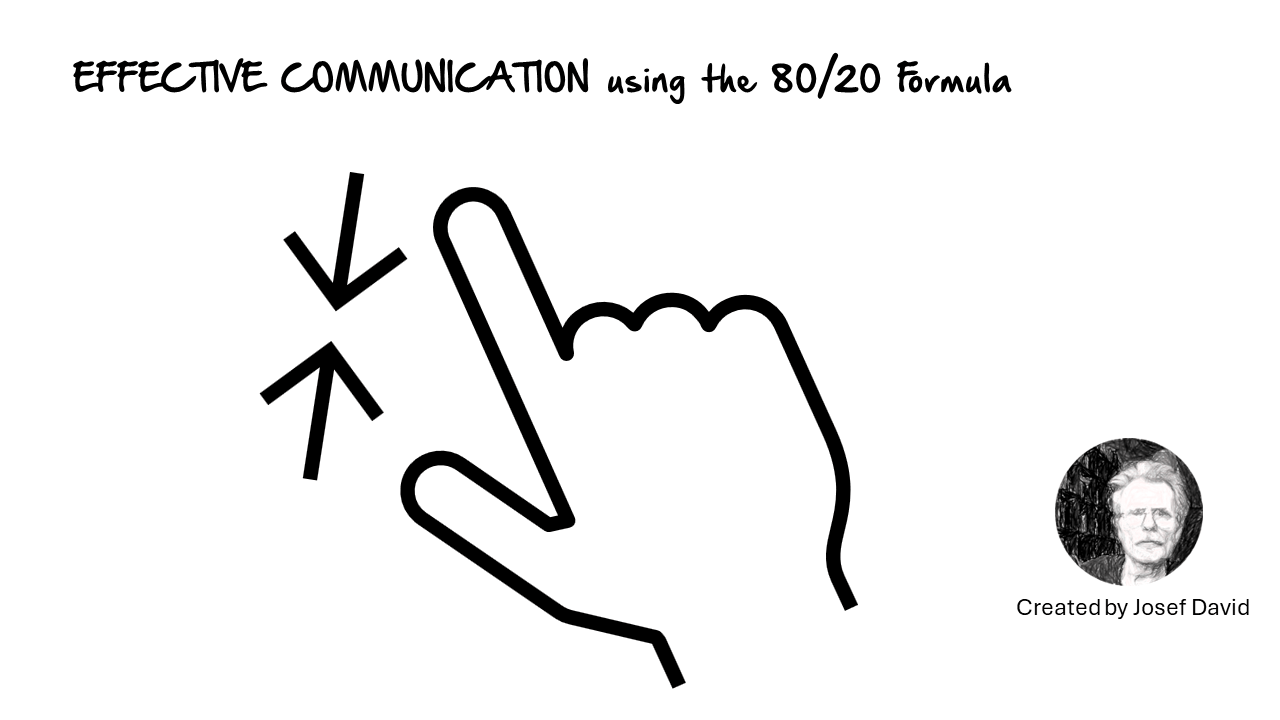In the realm of business, clear and concise communication is not just a necessity, it’s an art. It’s the ability to convey your thoughts, ideas, and instructions in a manner that is easily understood and leaves no room for misinterpretation. This skill is crucial in every aspect of business, from internal communication to customer interaction, from marketing to negotiation.
Let’s delve into 22 examples that illustrate the importance of clear and concise communication in business:
1. Email Communication: A well-structured email with a clear subject line, concise content, and a specific call-to-action can save time and prevent confusion.
2. Presentations: A presentation with clear objectives, concise points, and easy-to-understand visuals can effectively convey your message.
3. Meetings: Setting a clear agenda before the meeting and sticking to it ensures everyone understands the purpose of the meeting.
4. Customer Service: Clear instructions on how to use a product or service can enhance customer satisfaction.
5.Marketing Campaigns: A marketing message that clearly communicates the benefits of a product or service can attract more customers.
6. Negotiations: Clear terms and conditions can prevent misunderstandings during business negotiations.
7. Project Management: Clear project goals and concise task descriptions can improve team productivity.
8. Employee Training: Clear training materials can enhance employee performance.
9. Sales Pitches: A sales pitch that clearly communicates the value proposition can increase sales conversion rates.
10. Product Descriptions: Concise product descriptions that highlight key features can influence purchasing decisions.
11. Internal Memos: Clear memos ensure everyone in the organisation understands new policies or changes.
12. Job Advertisements: Clear job descriptions attract suitable candidates for open positions.
13. Performance Reviews: Clear feedback helps employees understand their strengths and areas for improvement.
14. Contracts & Agreements: Clear and concise contracts prevent legal disputes.
15. Company Vision & Mission Statements: A clear vision and mission statement can guide strategic decision-making.
16.Training Sessions: Break down complex concepts into manageable chunks.
17. Team Briefings: Clearly outline tasks and expectations for each team member.
18. Project Proposals: Clearly state the objectives, methods, timeline, and expected outcomes.
19.Performance Reviews: Give specific examples of achievements or areas for improvement.
20. Networking Events: Have a clear and concise self-introduction ready.
21. Social Media Posts: Keep your message short and engaging. Use visuals to enhance understanding.
22. Press Releases: Stick to the facts. Keep sentences short and paragraphs brief.
In conclusion, clear and concise communication is the backbone of successful business operations. It fosters understanding, prevents misunderstandings, enhances productivity, and builds strong relationships.
The next steps involve consciously incorporating clear and concise communication in every aspect of your business. This could mean revising your email etiquette, refining your presentation skills, or even reworking your marketing messages. Remember, the goal is not just to communicate but to ensure that your message is understood in the way you intended.
Incorporating these practices may take time and effort, but the benefits they bring to your business are immeasurable. So start today, and make clear and concise communication a cornerstone of your business strategy.
